Jorge Ize, Alfonso Vignoli3110175509, 9783110175509
Table of contents :
Preface……Page 8
Contents……Page 10
Introduction……Page 12
1.1 Group actions……Page 22
1.2 The fundamental cell lemma……Page 26
1.3 Equivariant maps……Page 29
1.4 Averaging……Page 33
1.5 Irreducible representations……Page 38
1.6 Extensions of Γ-maps……Page 46
1.7 Orthogonal maps……Page 50
1.8 Equivariant homotopy groups of spheres……Page 56
1.9 Symmetries and differential equations……Page 63
1.10 Bibliographical remarks……Page 78
2.1 Equivariant degree in finite dimension……Page 80
2.2 Properties of the equivariant degree……Page 82
2.3 Approximation of the Γ-degree……Page 88
2.4 Orthogonal maps……Page 90
2.5 Applications……Page 93
2.6 Operations……Page 98
2.7 Bibliographical remarks……Page 106
3.1 The extension problem……Page 107
3.2 Homotopy groups of Γ-maps……Page 123
3.3 Computation of Γ-classes……Page 129
3.4 Borsuk–Ulam results……Page 140
3.5 The one parameter case……Page 157
3.6 Orthogonal maps……Page 177
3.7 Operations……Page 186
3.8 Bibliographical remarks……Page 216
4.1 Range of the equivariant degree……Page 218
4.2 Γ-degree of an isolated orbit……Page 232
4.3 Γ-Index for an orthogonal map……Page 266
4.4 Γ-Index of a loop of stationary points……Page 309
4.5 Bibliographical remarks……Page 346
Appendix A Equivariant Matrices……Page 348
Appendix B Periodic Solutions of Linear Systems……Page 353
Bibliography……Page 358
Index……Page 380
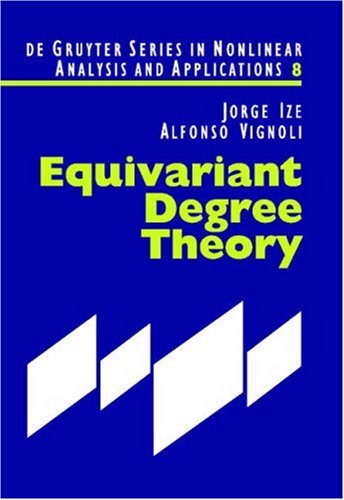

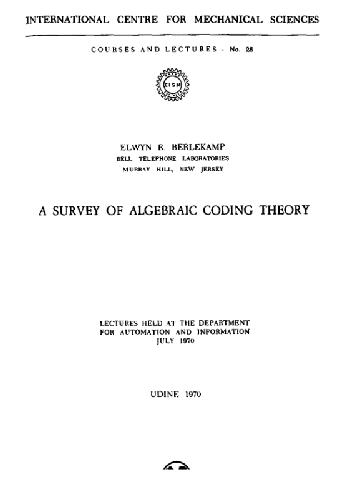
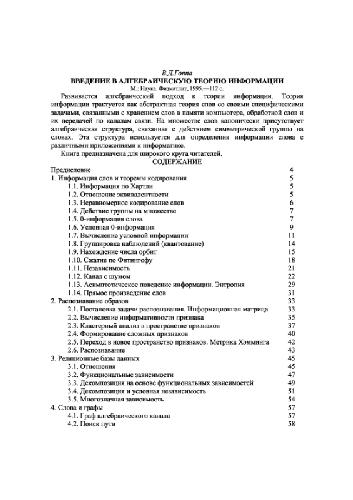
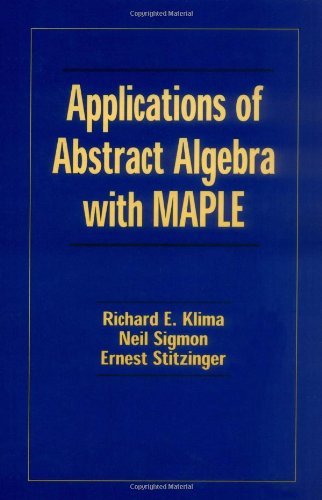
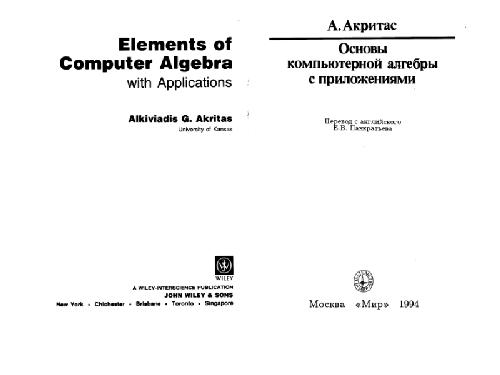
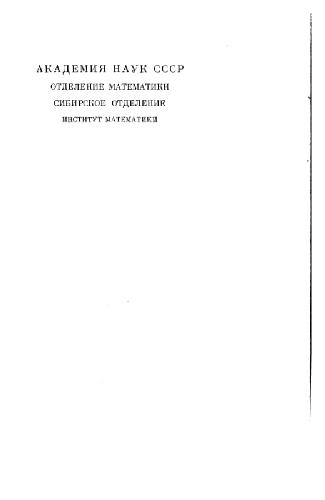
Reviews
There are no reviews yet.